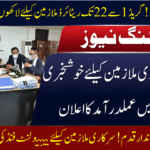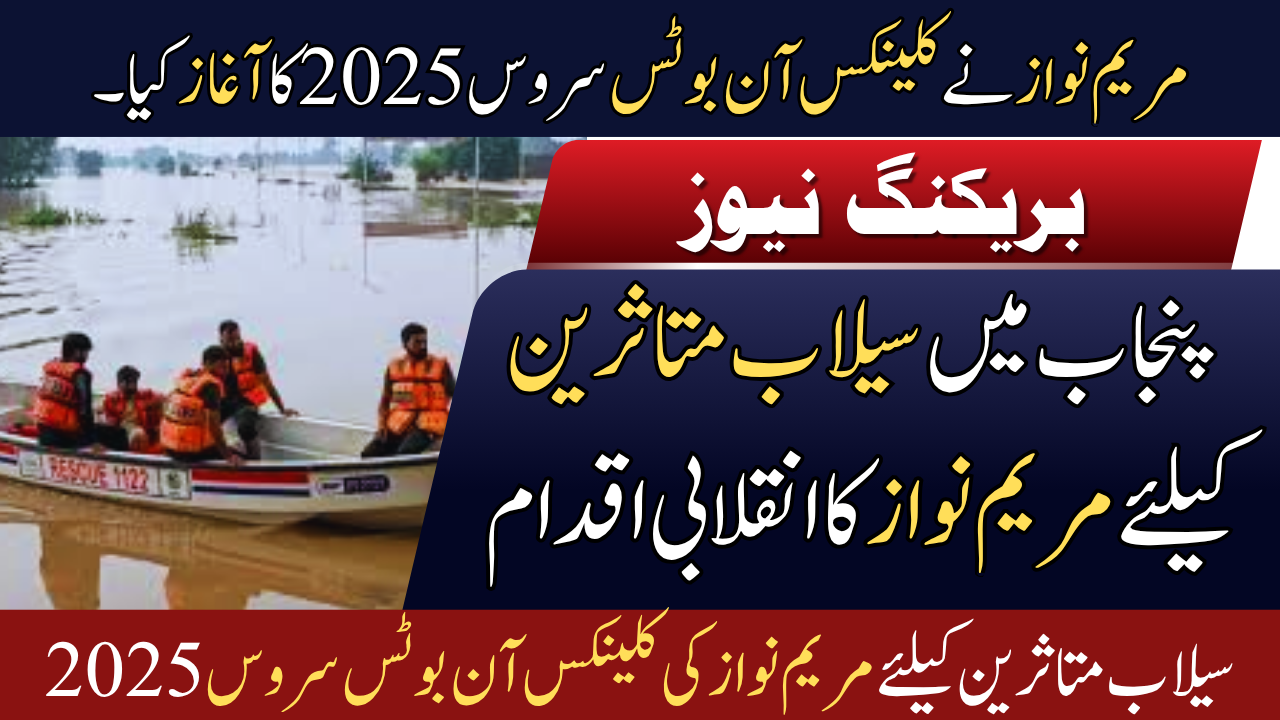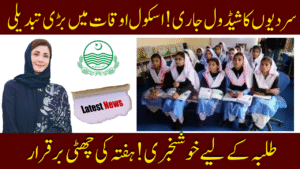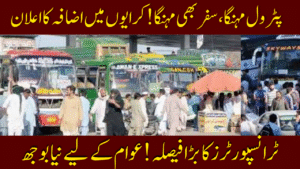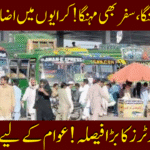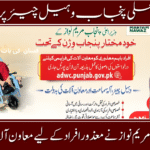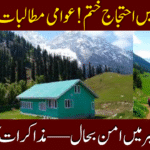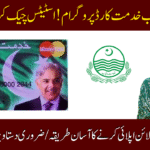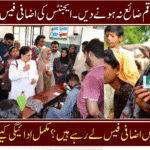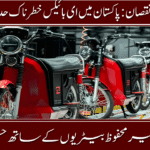When the floodwaters swallowed entire towns in Punjab this monsoon, it wasn’t just roads and crops that vanished — access to basic healthcare disappeared overnight. Villages were submerged, hospitals were cut off, and people, especially women and children, were left with nowhere to go.But amid the chaos, a fleet of floating clinics arrived — and with it, hope.In a bold and compassionate move, Chief Minister Maryam Nawaz launched the Clinics-on-Boats Service 2025, a first-of-its-kind initiative in Pakistan. This isn’t your usual government program — it’s a lifeline for thousands trapped by water, illness, and uncertainty.
What Is the Clinics-on-Boats Program?
Put simply, these are fully-equipped floating hospitals. Imagine a large boat, converted into a mobile clinic, slowly making its way through a flooded village. Onboard? Qualified doctors, nurses, essential medicines, vaccines, maternity kits, and even emergency referral services. It’s like the hospital comes to your doorstep — or in this case, your flooded doorstep.
Why This Matters Right Now
- Over 36,000 people displaced by historic flooding
- Nearly 5,000 villages affected
- Waterborne diseases like cholera, malaria, and diarrhea spreading fast
- Maternity care, children’s vaccines, and chronic illness treatment cut off
And while NGOs and rescue teams played their role, it became clear that something long-term, structured, and state-supported was needed. That’s where Maryam Nawaz’s Clinics-on-Boats stepped in — and frankly, they’ve been a game-changer.
Who Can Get Treatment? (Short Answer: Everyone)
- Pregnant and lactating women
- Newborns and children
- Elderly citizens
- People with chronic conditions like diabetes or high blood pressure

What Services Are Offered Onboard?
| Service Category | Details | For Whom |
|---|---|---|
| Maternal Health | Check-ups, multivitamins, maternity kits, emergency ambulance referrals | Pregnant women & new mothers |
| Child Healthcare | Vaccinations, malnutrition screening, basic pediatric treatment | Infants and children |
| Disease Treatment | Cholera, malaria, diarrhea, skin infections, stomach illnesses | All patients |
| Free Medicines | Antibiotics, ORS, painkillers, antiseptics | Everyone |
| Emergency Referrals | Critical patients shifted via 24/7 ambulance to nearest government hospital | Serious cases needing admission |
How Do You Access the Boats?
- Punjab government maps out flood-hit zones
- Medical boats are deployed directly to those areas
- You simply approach the boat when it arrives in your area
- Emergency cases are referred to Maryam Nawaz Health Clinics or district hospitals via ambulance
How Long Will This Continue?
The Punjab government has committed to keeping the boats running, fuel supplied, and medicines fully stocked until normal life resumes in the affected areas.
Part of a Bigger Vision
While the floating clinics are making headlines, they’re part of something larger: a people-first governance model Maryam Nawaz seems to be building.
- She slashed flour prices (Rs. 1,810 per 40kg bag)
- Fixed roti prices at Rs. 14
- Expanded rural ambulance services
- Pushed forward Maryam Nawaz Health Clinics in underdeveloped areas
- Launched the Free Medicine Card for chronic patients
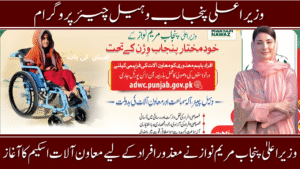
Real Voices from the Ground
“My baby had fever for two days. No way to get to a doctor. Then this boat came — they checked her, gave free medicine, and even told me how to care for her at home.”
FAQs
Q: Do I need to register anywhere?
No. Just visit the boat clinic when it arrives in your village. No ID or paperwork needed.
Q: Is it free?
Yes. All checkups, medicines, and emergency referrals are 100% free.
Q: What if I need hospital-level care?
Critical cases are shifted via ambulance to the nearest health facility linked to the program.
Q: Will these boats visit every flood-hit village?
That’s the goal. Teams are being dispatched based on need and severity of damage.
Final Thoughts
In a country where public services are often slow and complicated, Clinics-on-Boats 2025 stands out as a rare example of fast, focused, and human-centered governance. Maryam Nawaz’s approach isn’t just about politics — it’s about showing up for people when they need the state the most.
Related Posts


